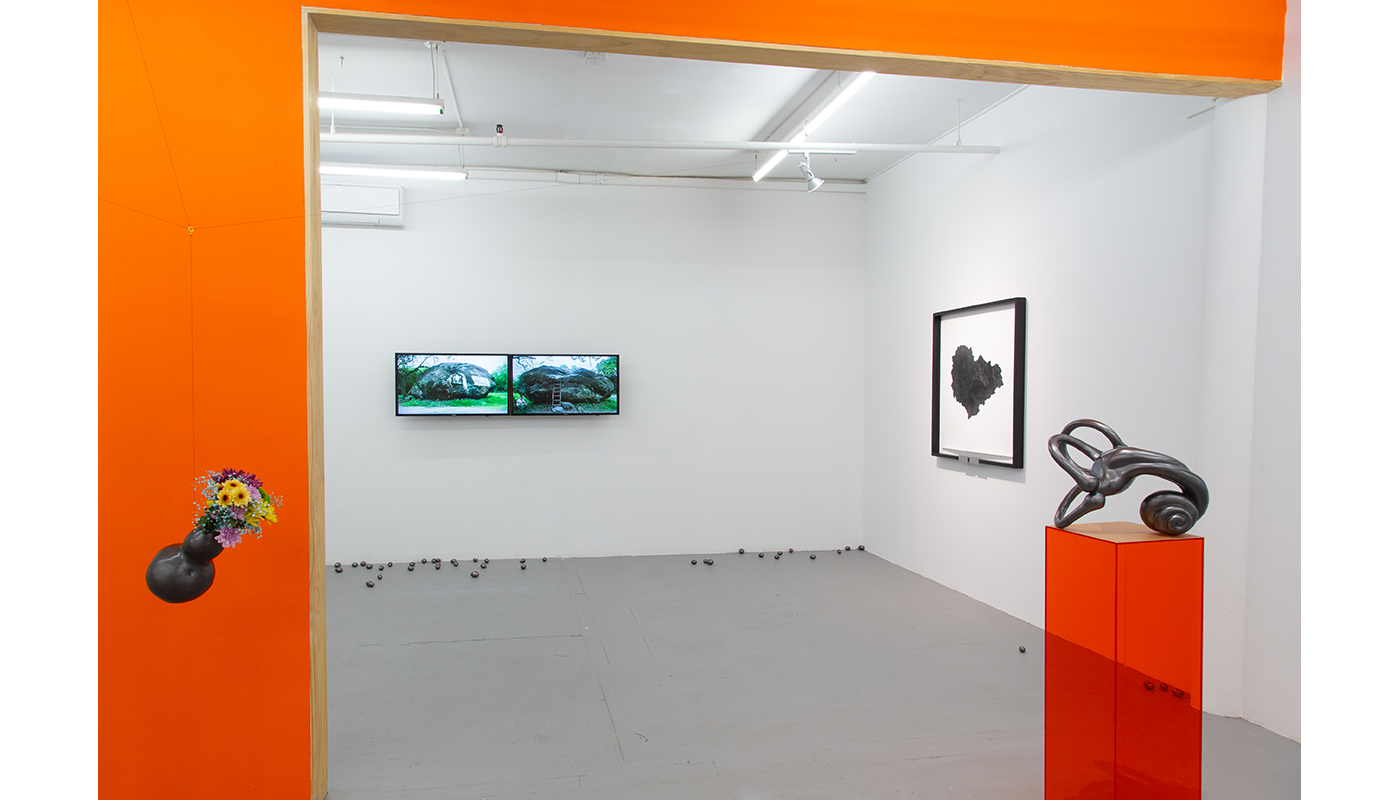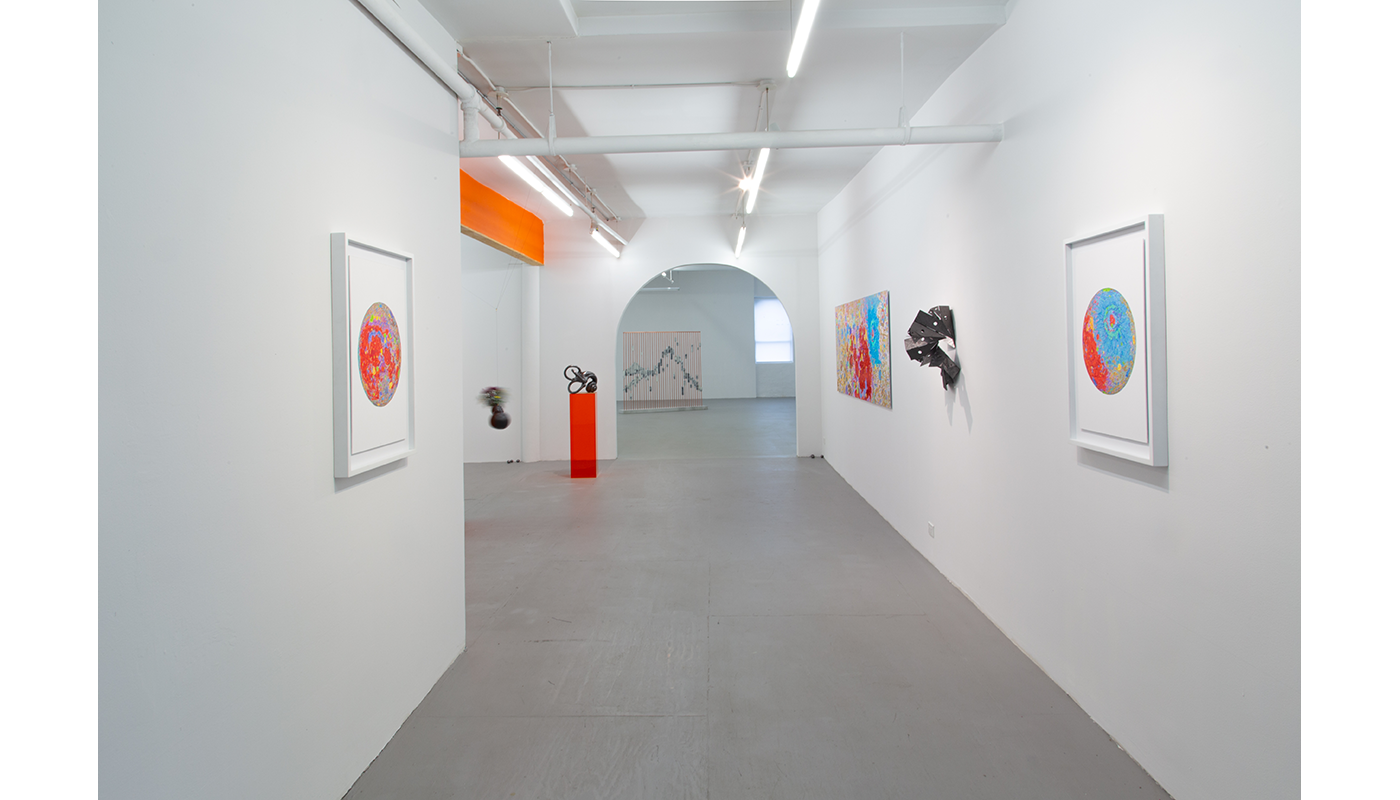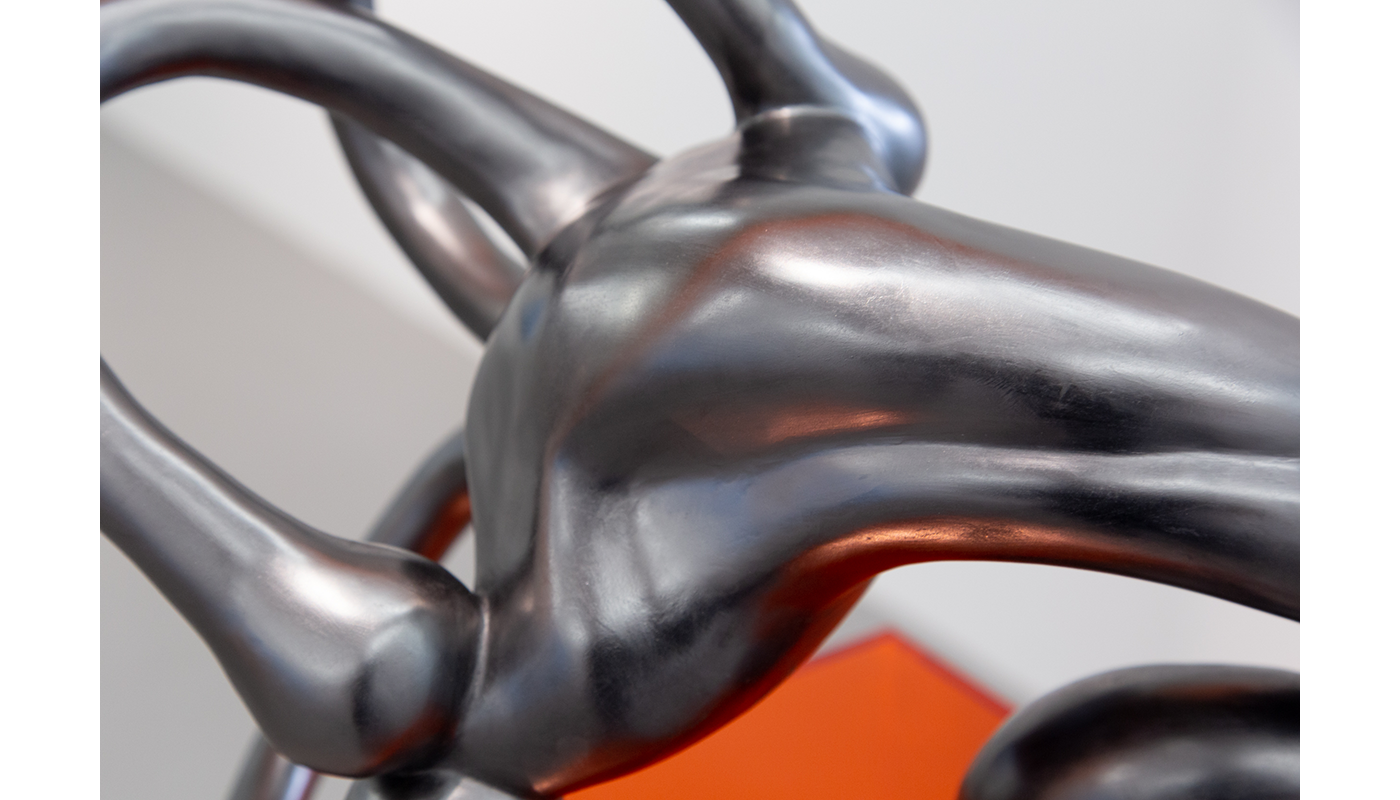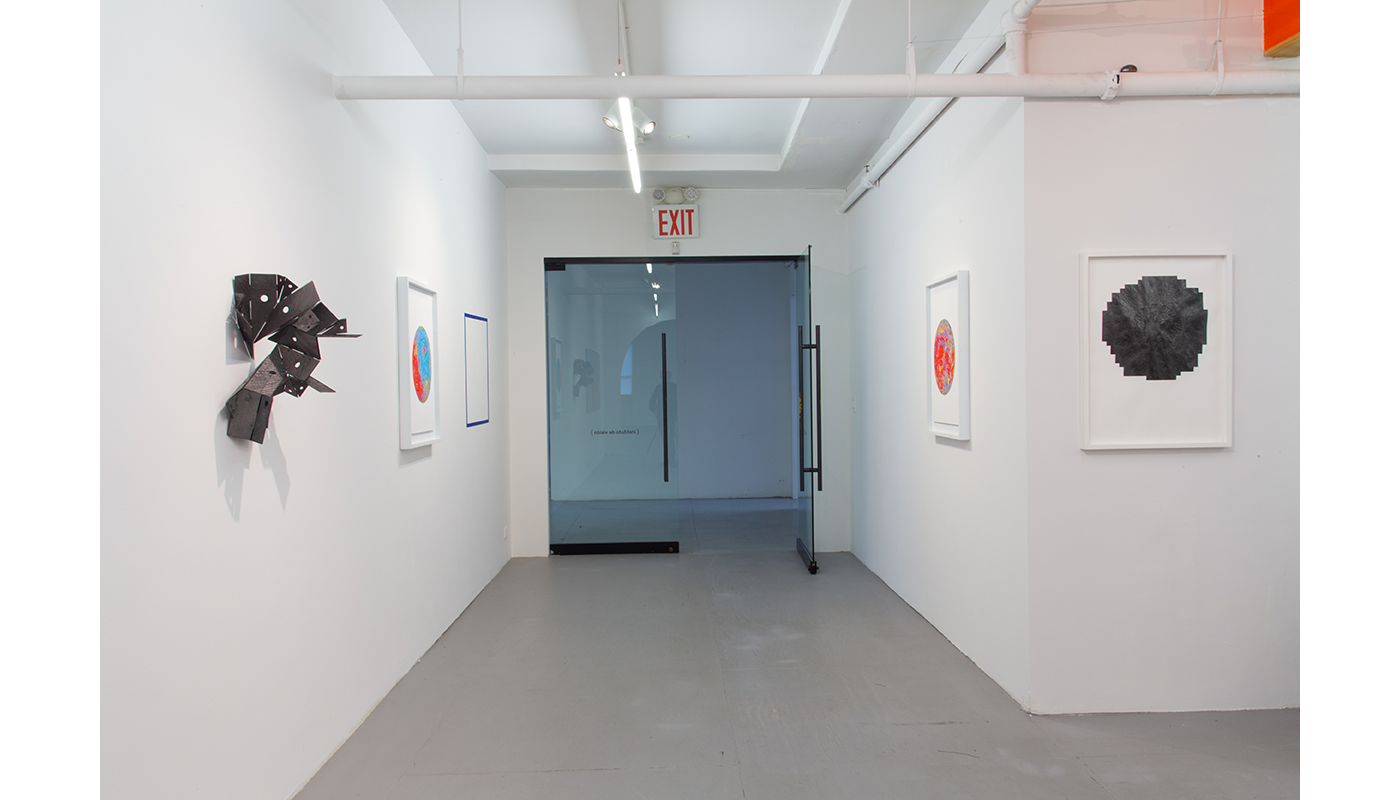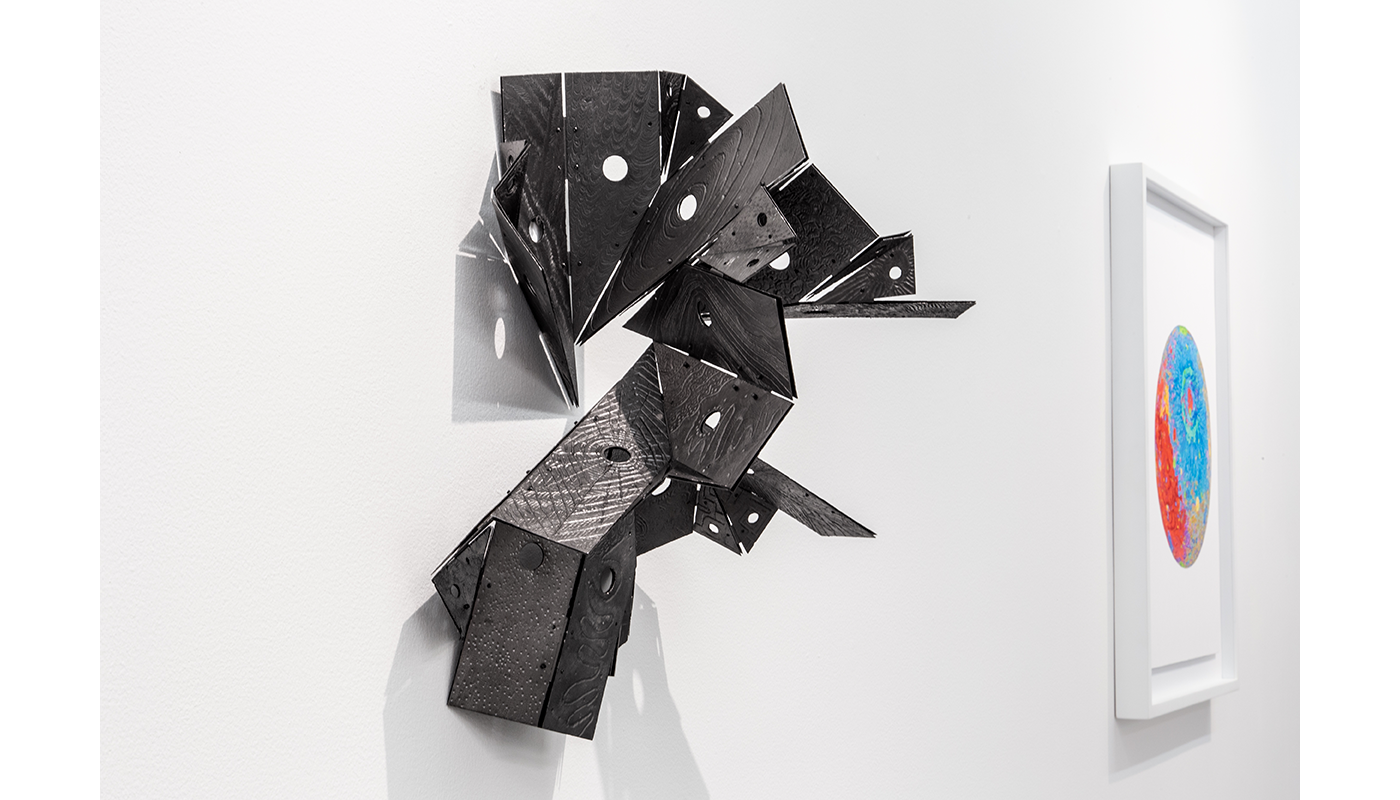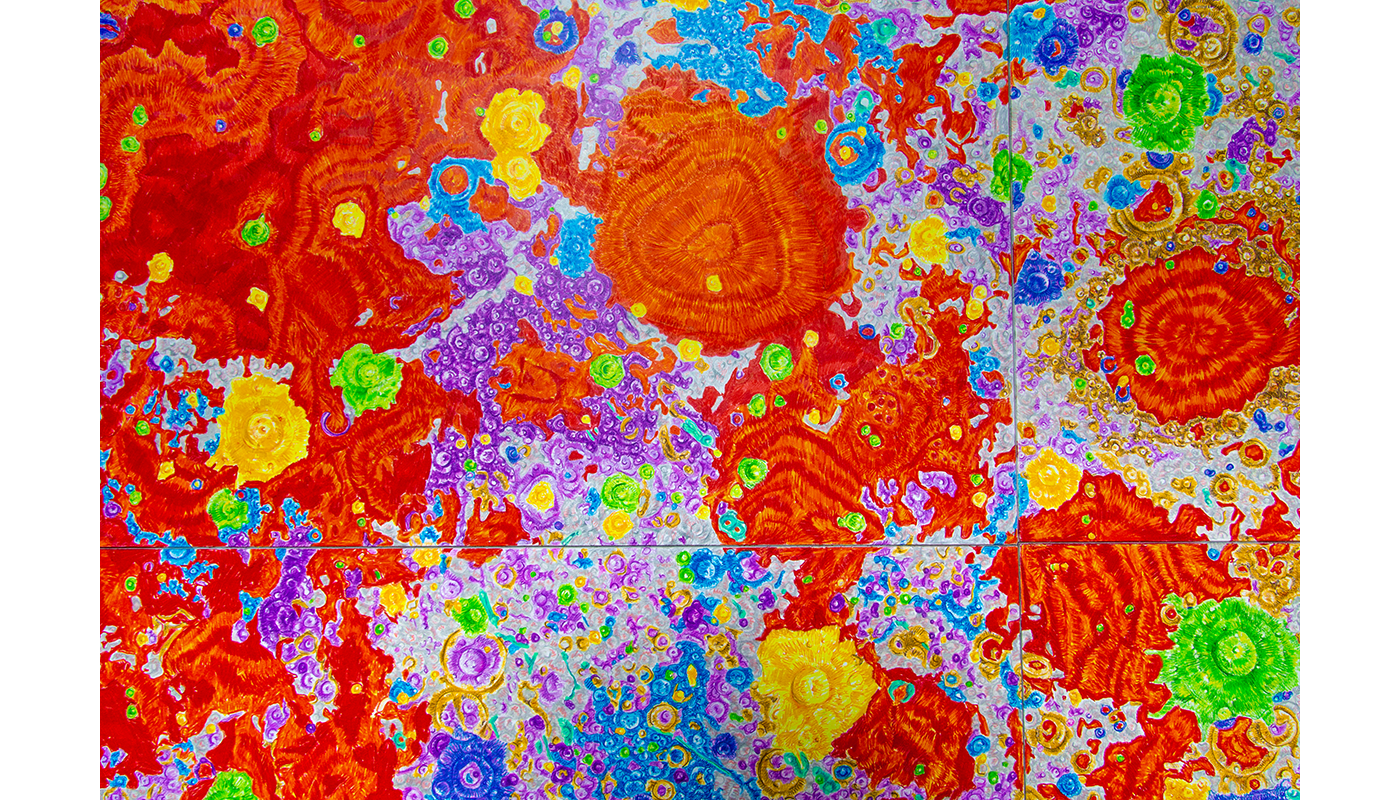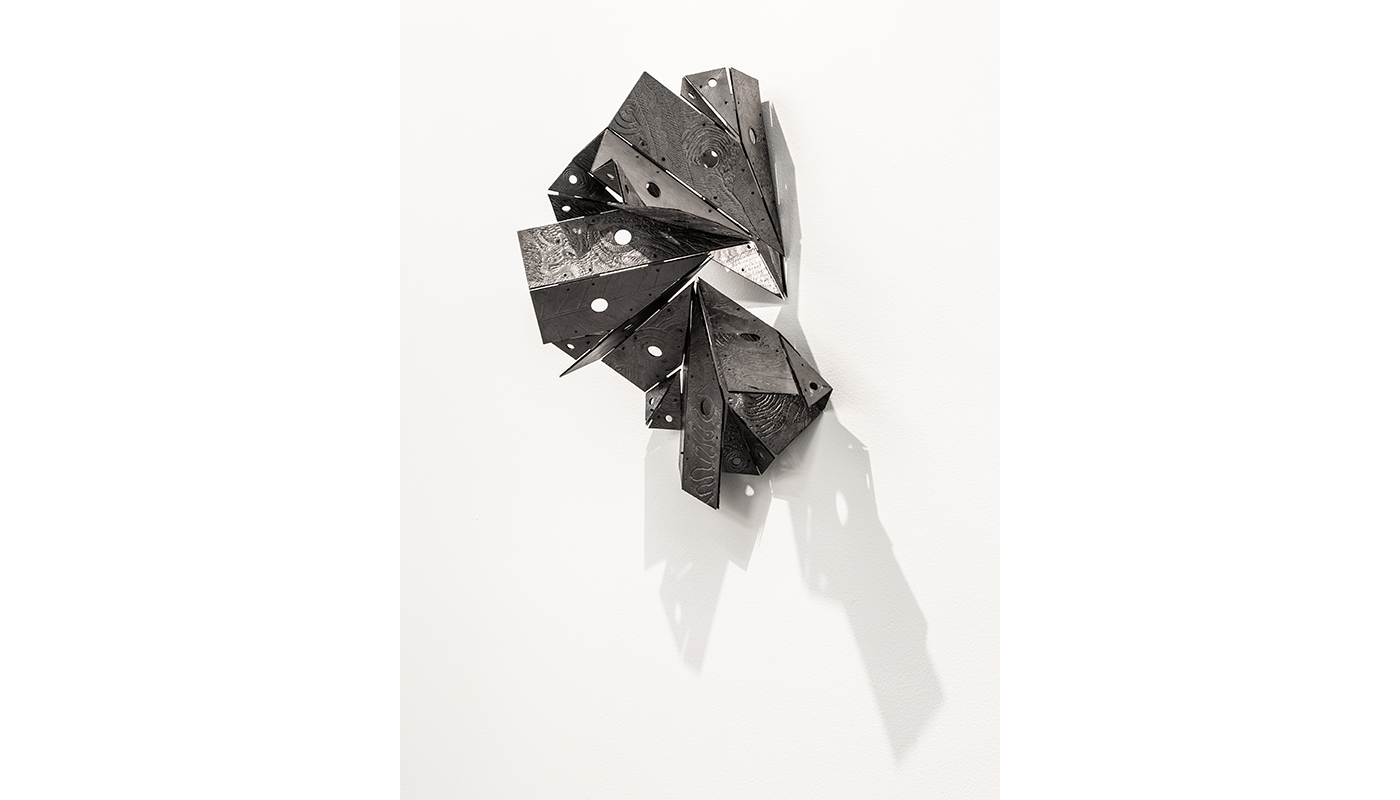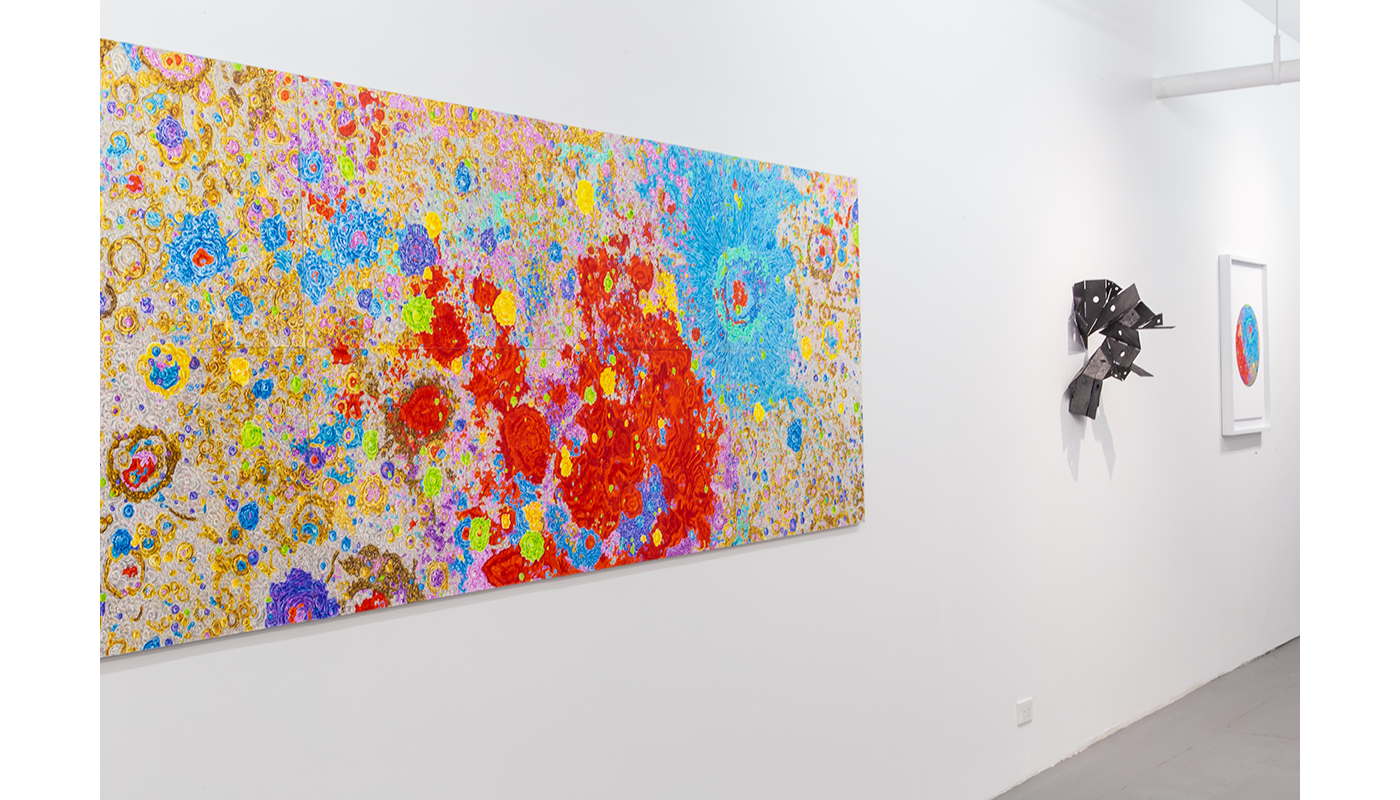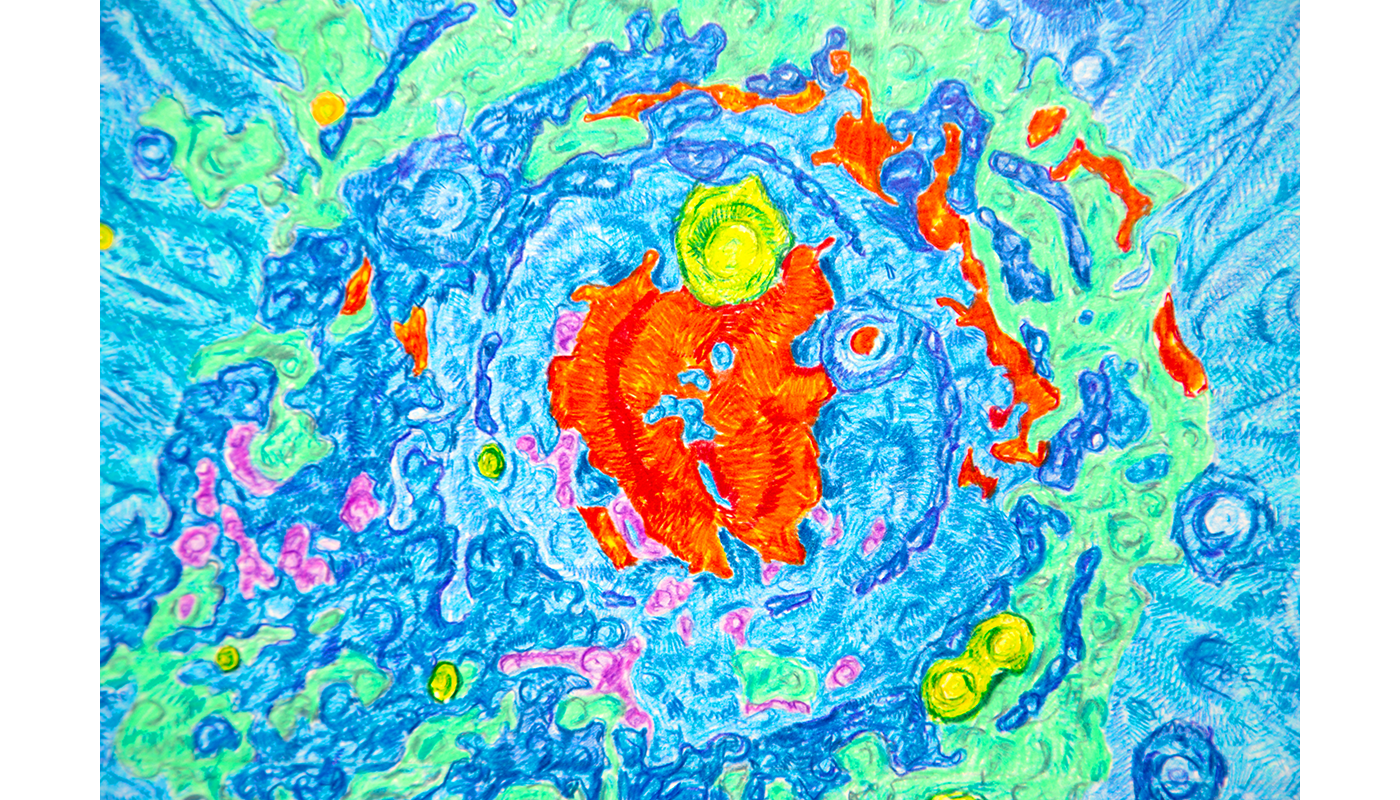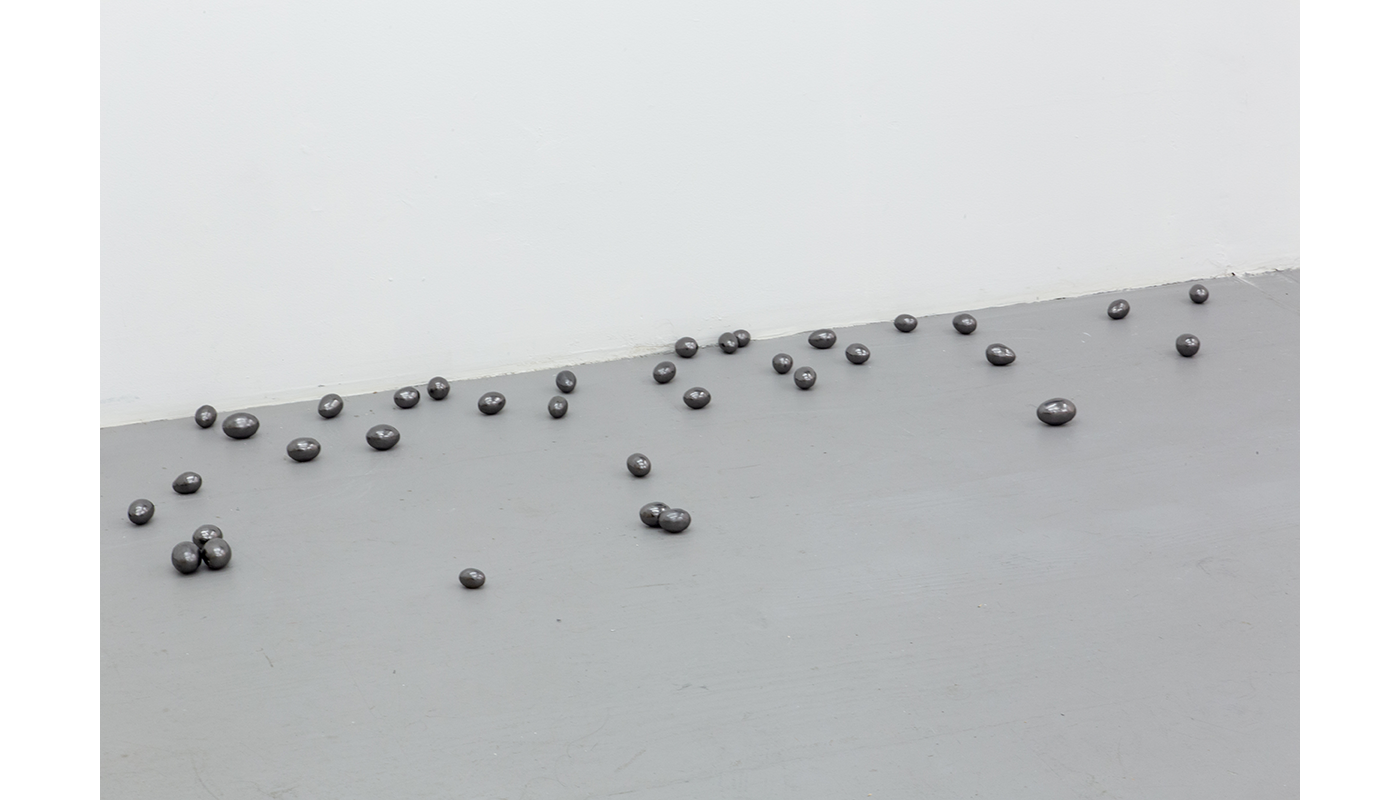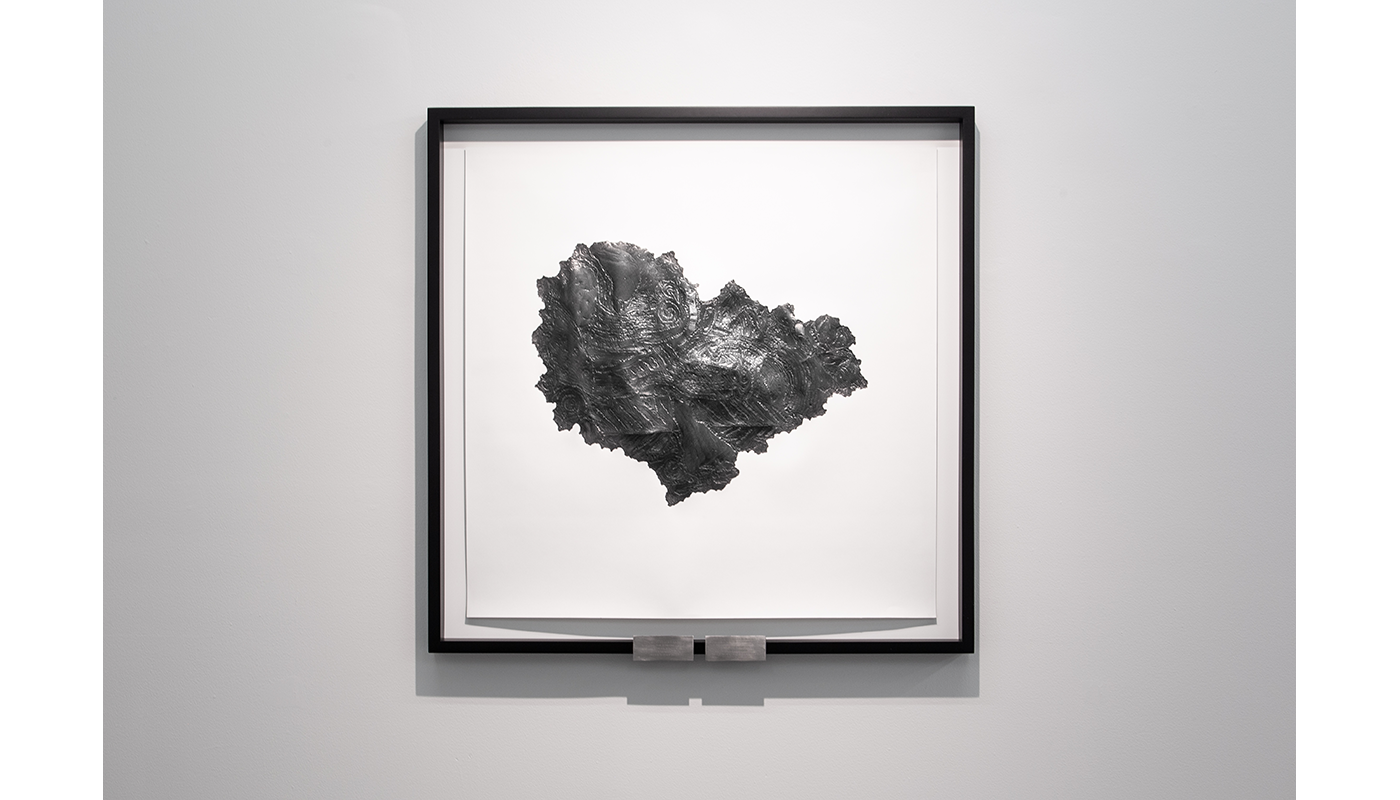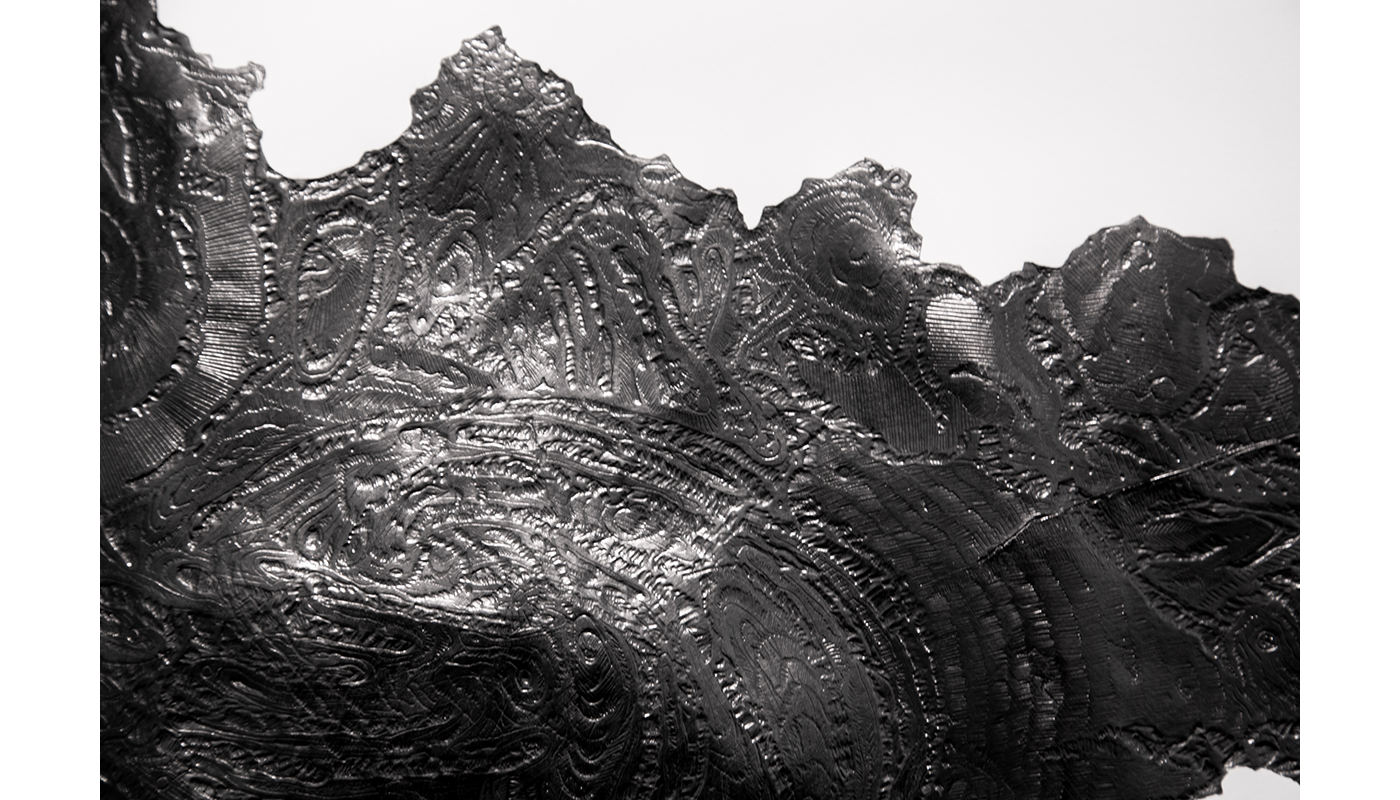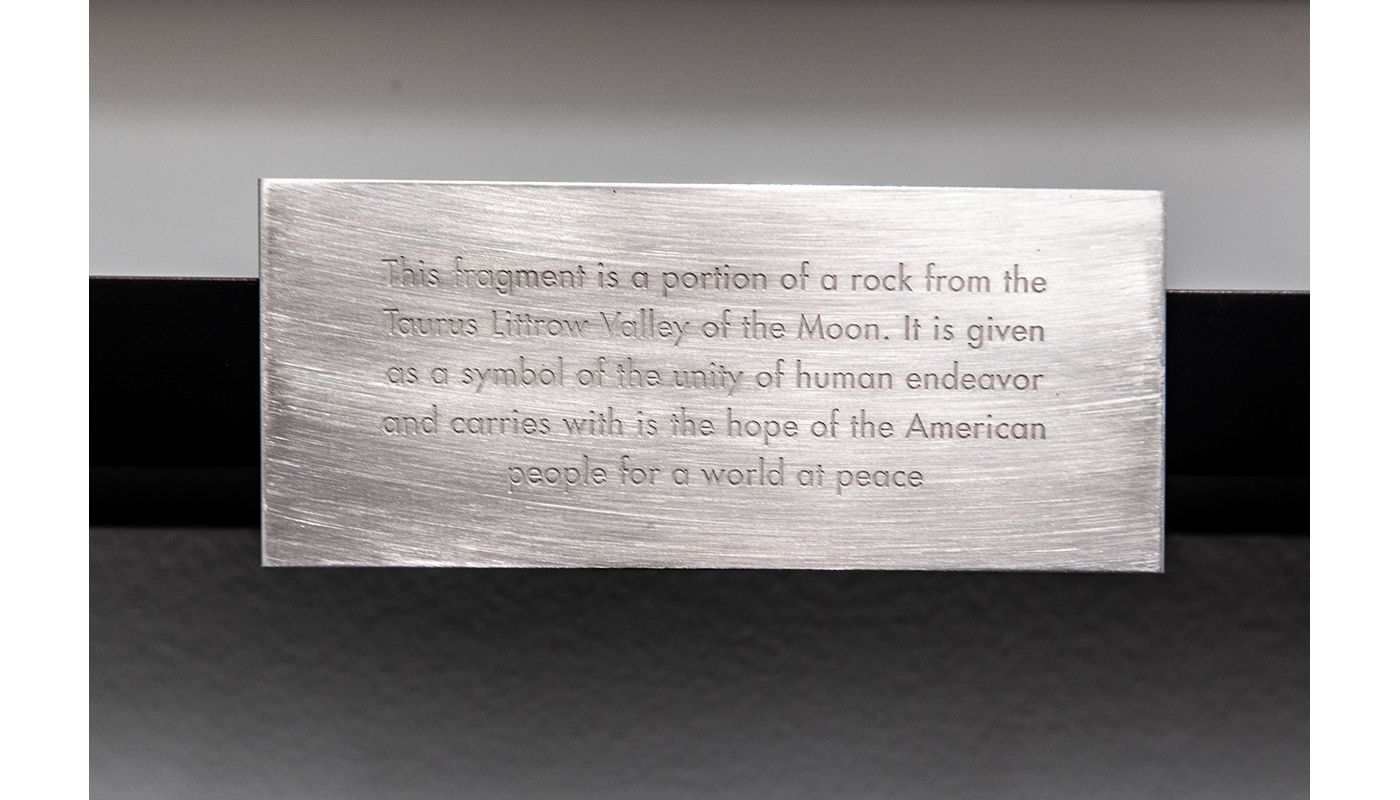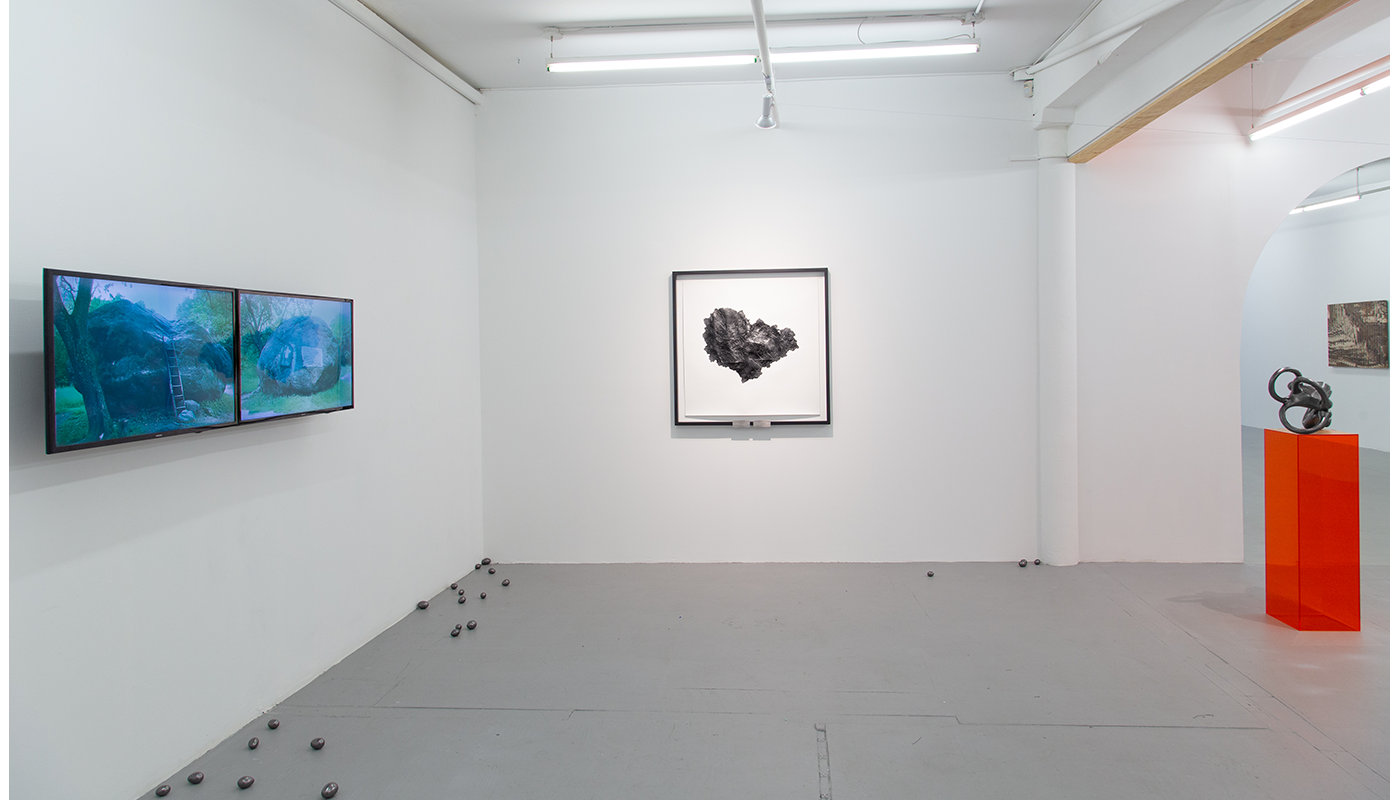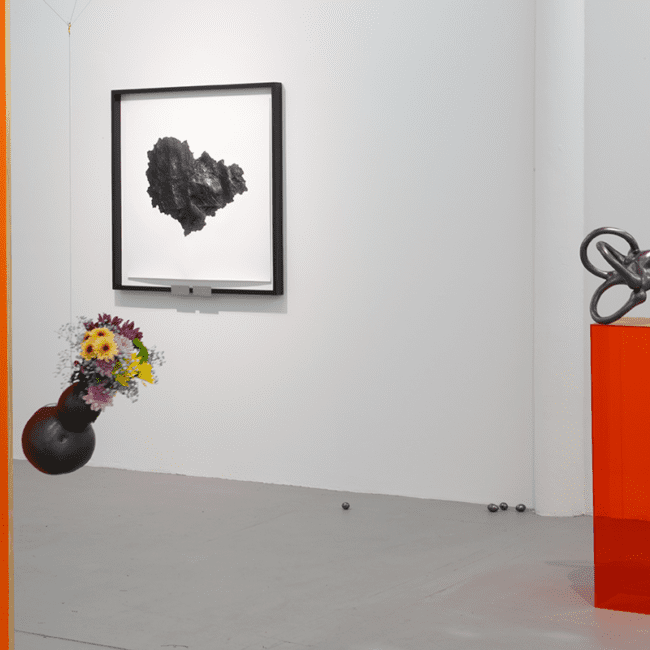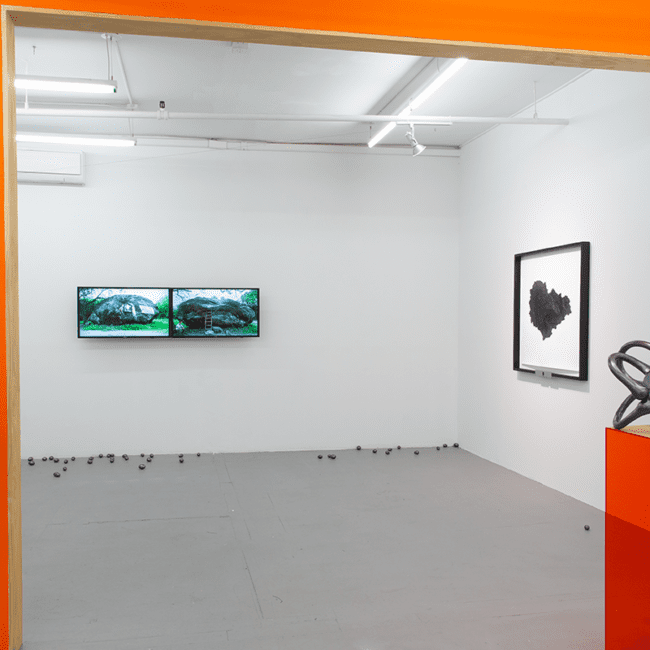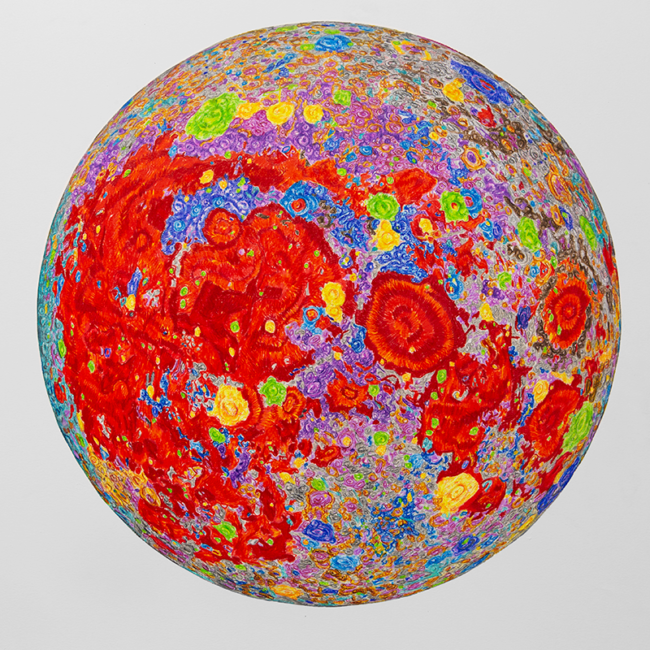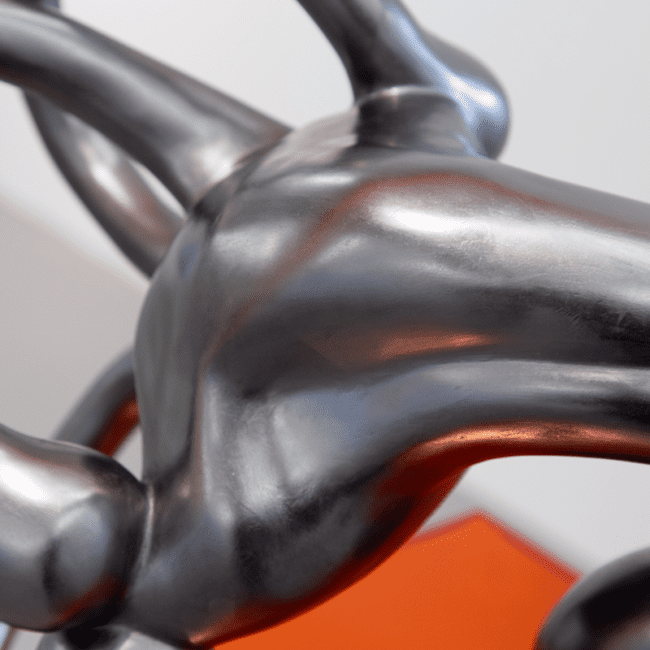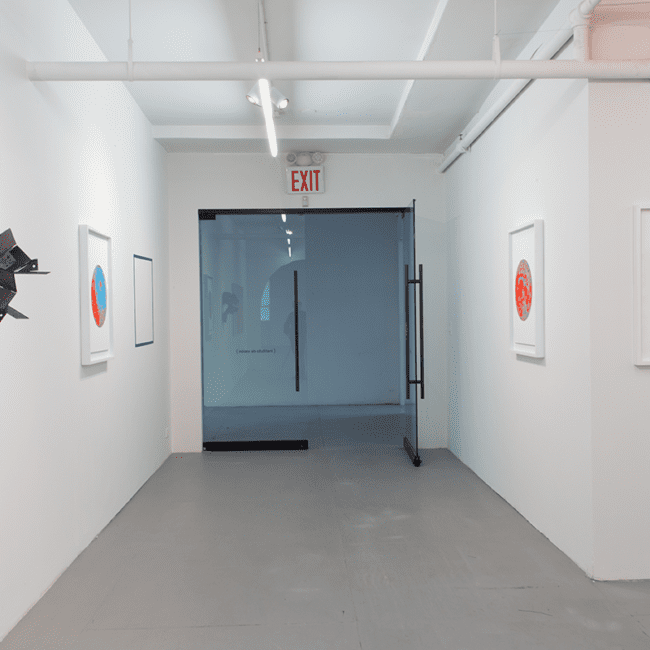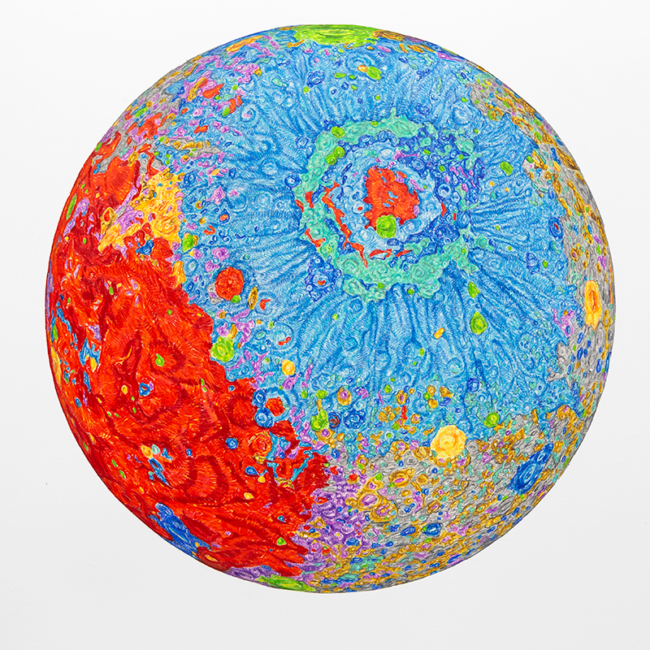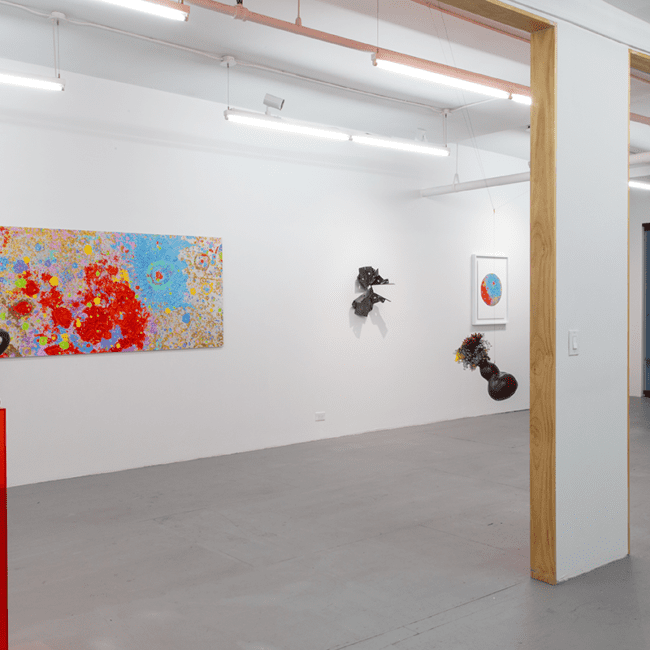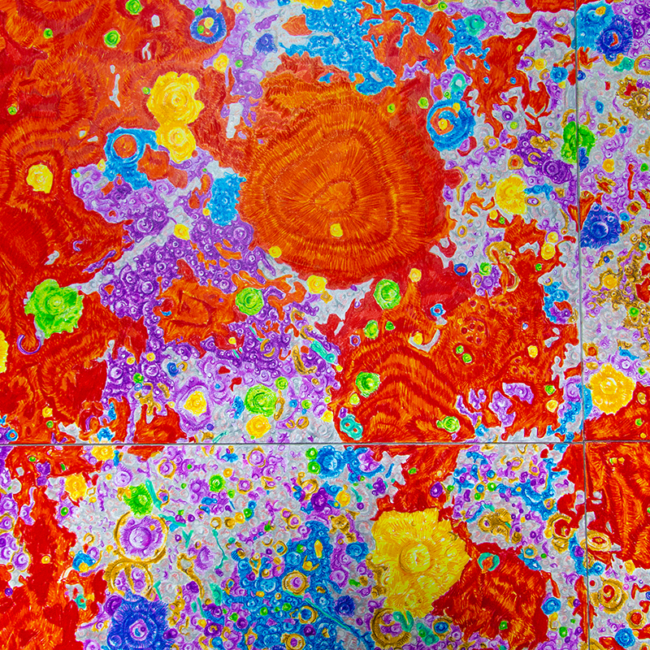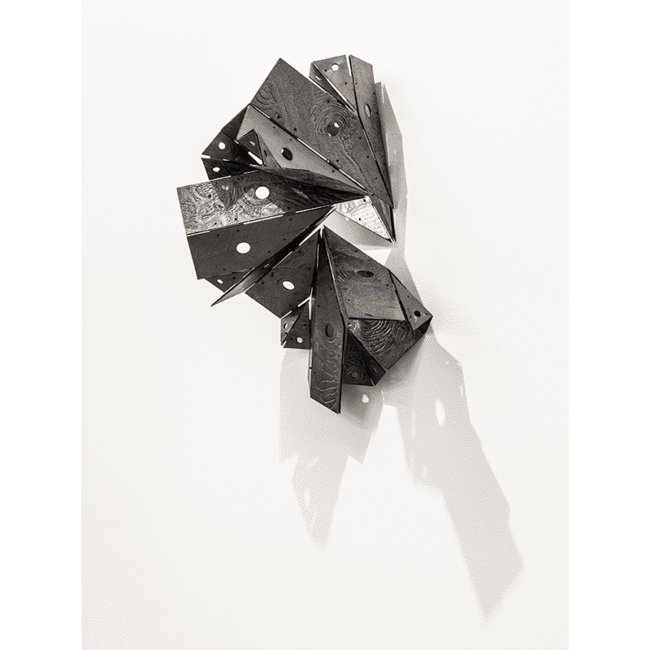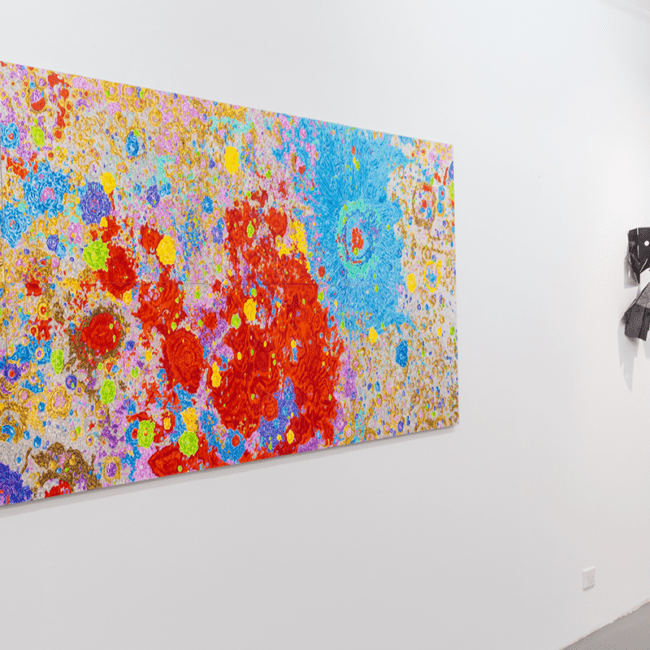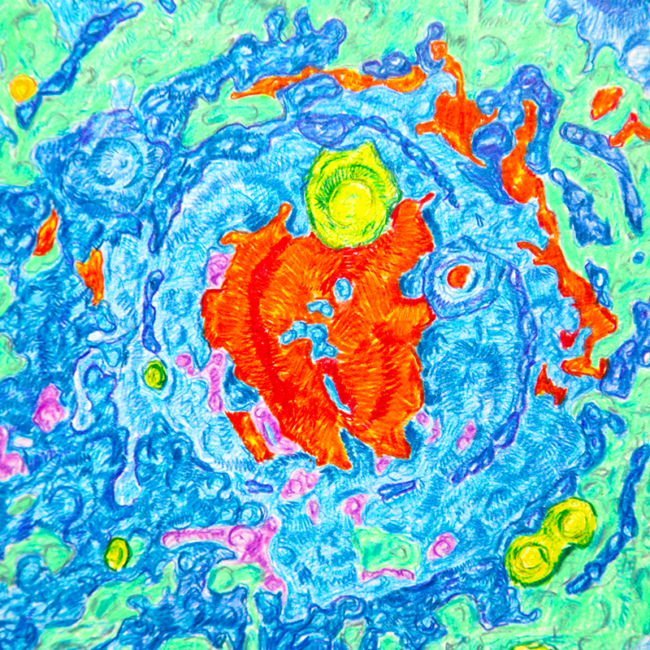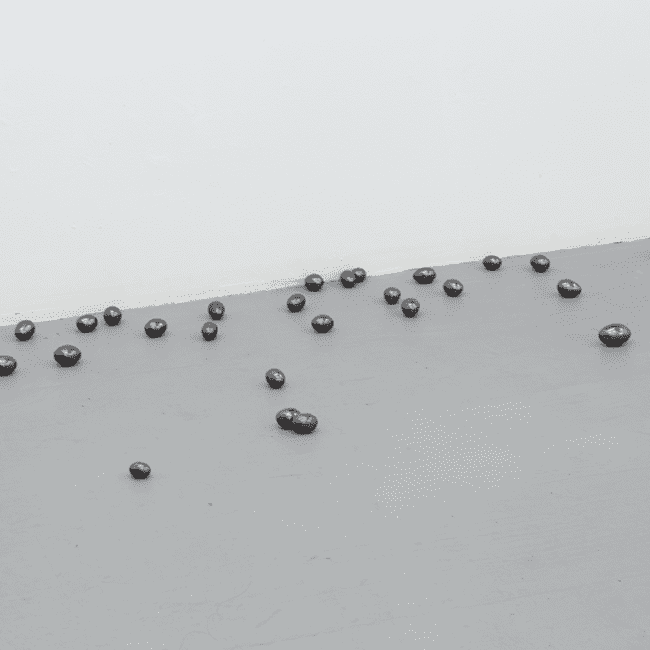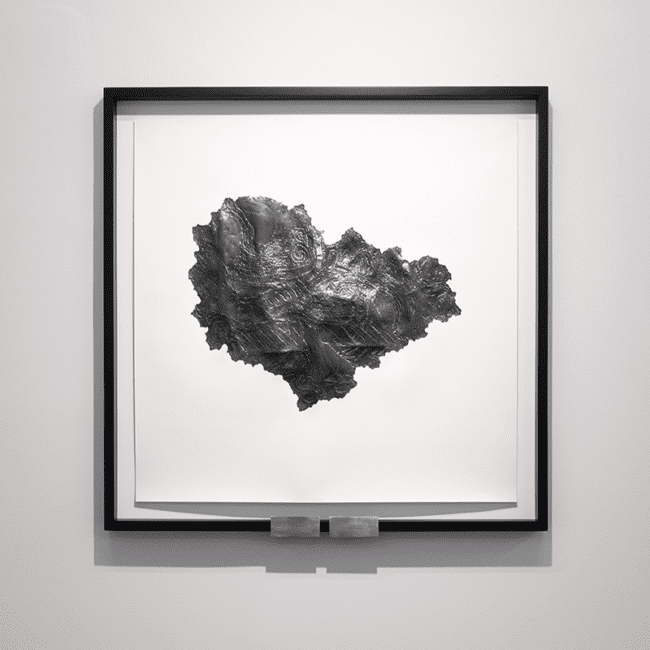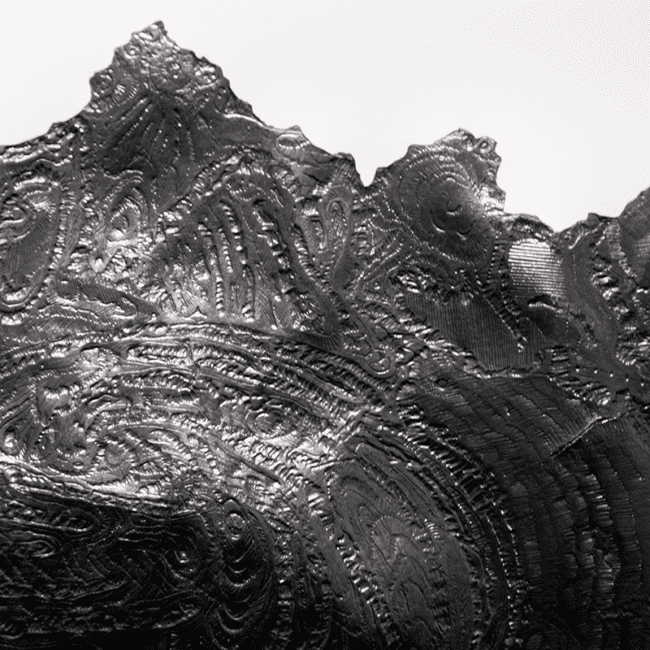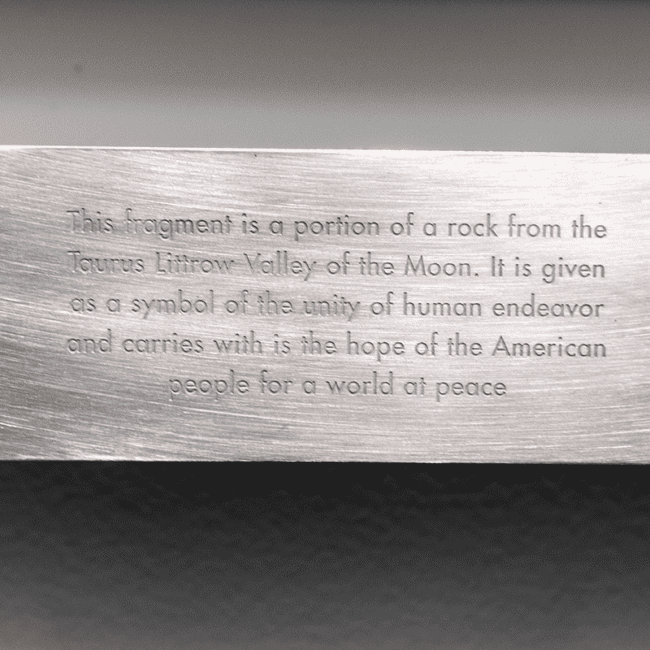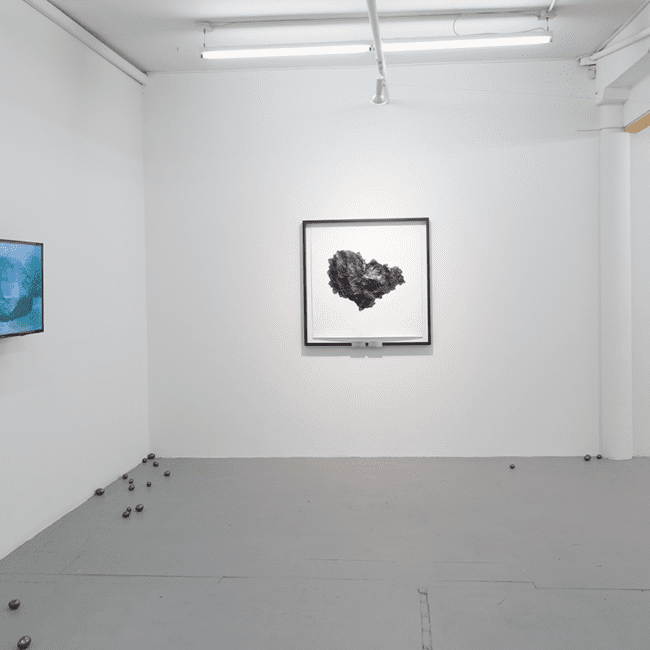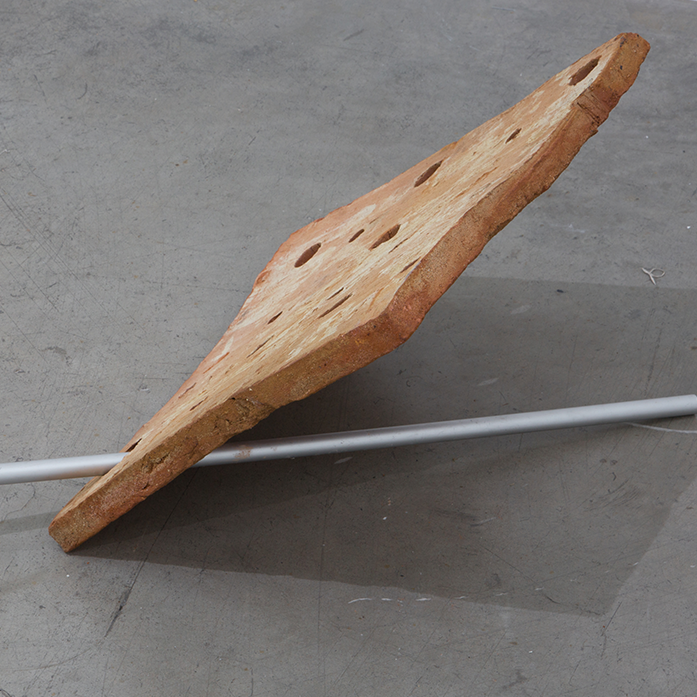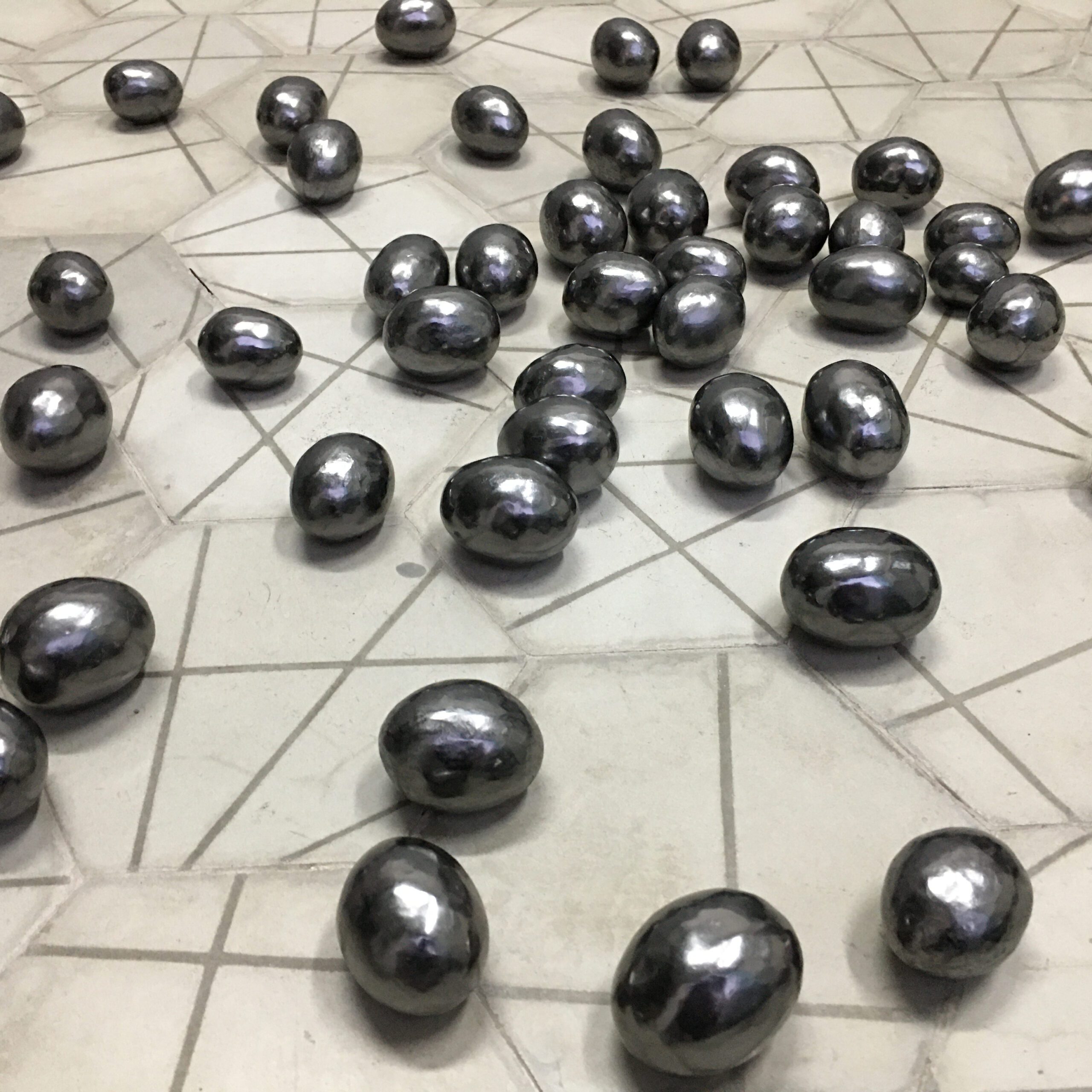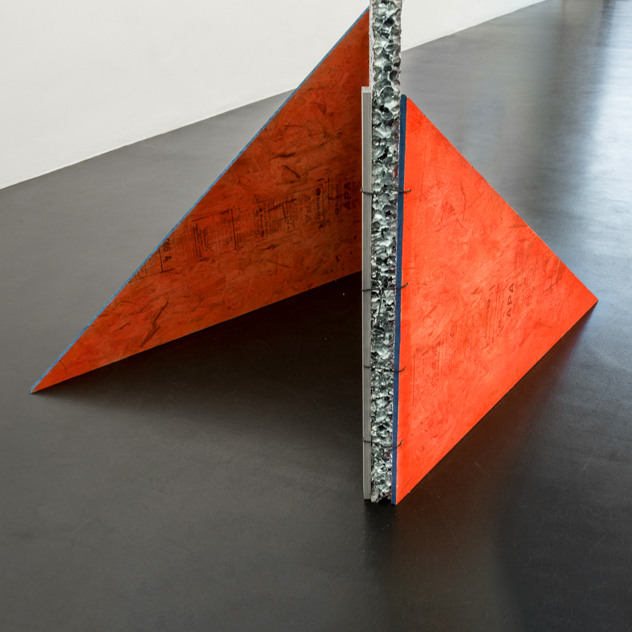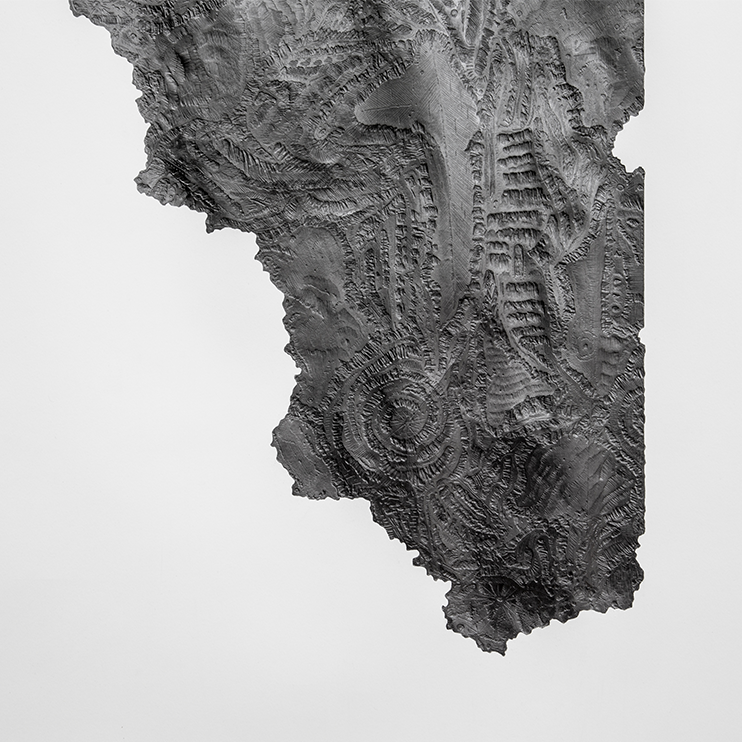Instituto de Visión is pleased to present Graft, Santiago Reyes Villaveces’ first solo exhibition in New York. The exhibition features new works by the artist at the gallery’s space on 88 Eldridge Street through 2 March 2023.
Santiago Reyes Villaveces (b. 1986, Colombia) builds on the idea of grafting, an operation where living material is transplanted on to a new host. The exhibition presents new drawings, sculptures, and videos that investigate the colonial desires driving today’s space exploration. In 1973, Richard Nixon took Moon rocks from the Apollo space missions and gave them as presents to its Cold War allies and enemies. Nixon framed these gifts as a symbol of ‘goodwill’, to mark the United States’ Cold War achievements on the Space Race. The goodwill Moon rocks had various destinies. NASA injected animals with pulverized samples of the rocks to avert a lunar plague. Notably, a Latin American head of state kept his country’s rock as a personal paperweight for his documents.
Reyes Villaveces reads Nixon’s goodwill Moon rocks as a landmark event for the current race to exploit and conquer space. Today’s renewed drive to occupy and appropriate celestial bodies extends terrestrial-capitalist property rights to infinity.
The works on this exhibition address the legacies of colonial knowledge systems used to control nature, providing a broader picture of the extractivist cartography of today’s private and governmental Space Race.
Graft is inspired by Latin American science fiction which deals, on the one hand,with the majoritarian Science of the Global North, which is driven by technological advancements. On the other hand, Latin American science fiction engages with minoritarian sciences and marginalized systems of knowledge that arise from colonial tensions.
Reyes Villaveces’ exhibition proposes the category of grafting, inviting us to question the opposition between Earth and outer space. By considering more complex relationships beyond this binary, Graft reflects on the limits of human survival, extractivism, and the future of life-forms beyond our planet.

